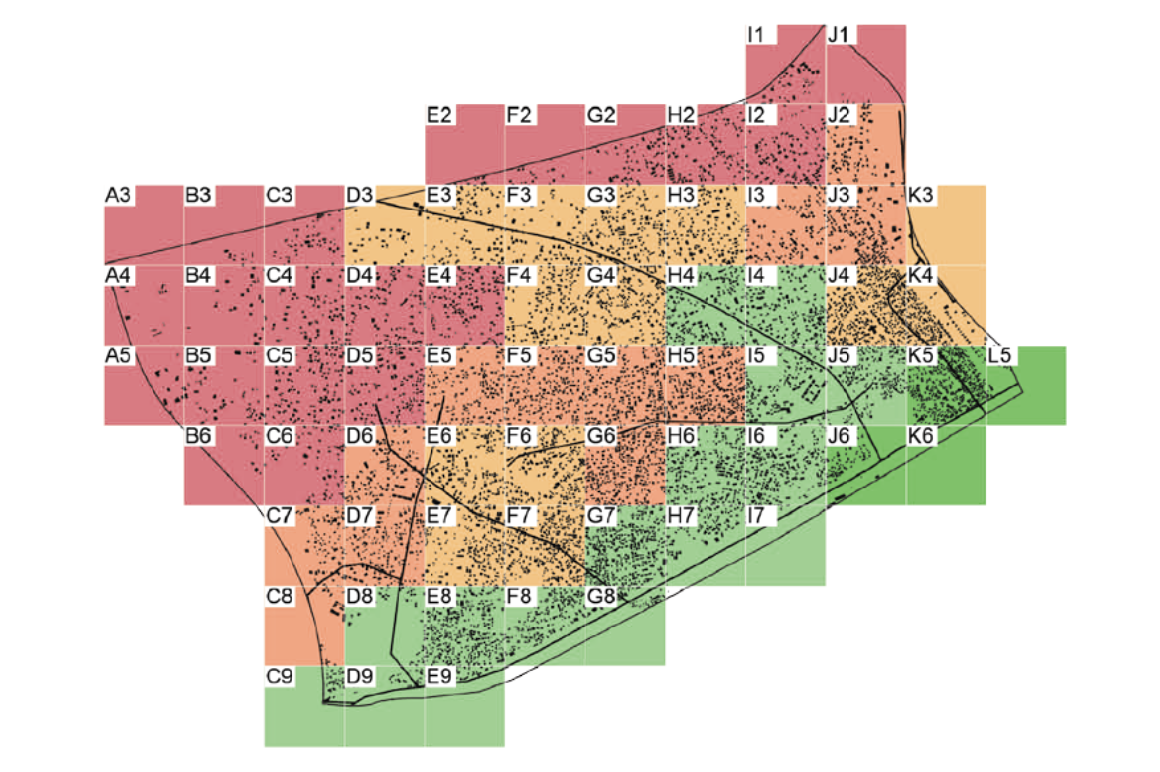Digital Methods of Organic Growth Simulation
The paper was presented during the African Centre for Cities International Conference 2018 in Cape Town (SA).
Today’s cities and metropolitan areas face new and rising challenges while the process of planning becomes more complex. The amount of data, the geographical size, the challenges of sustainability, rising social and spatial inequality and even faster urbanizing and transforming urban realms, ask for new ways of thinking the planning processes. Master plans are not suiting today’s needs anymore due to the necessary time to prepare and implement them. Instead, adaptive and extended urban growth frameworks must be developed, which foster sustainable, inclusive development.
But on what base and how can this be created, without neglecting the local contexts and the memory and identity of the planning environment?
We at Urban Framework work on innovative conceptual theories to cope with the previously mentioned situation. The work in the last years included indicator-based sustainability assessment, an urban growth framework, simulation tools in larger scales and recently started to combine these and try them in a smaller environment in one of the self-planned settlement in Lilongwe’s peri-urban area. The input from the governmental and traditional authorities is combined with the experiences of several community workshops and creates another base for the development of the growth-simulation tool.
This research will give a thorough overview of existing concepts, combine them with our own work and tries to define solutions under the consideration of the theoretical question, how far a computer can plan, where the limits are, and how the incorporation of innovative methods could look like, always in the exemplary application in Malawi’s local context.
